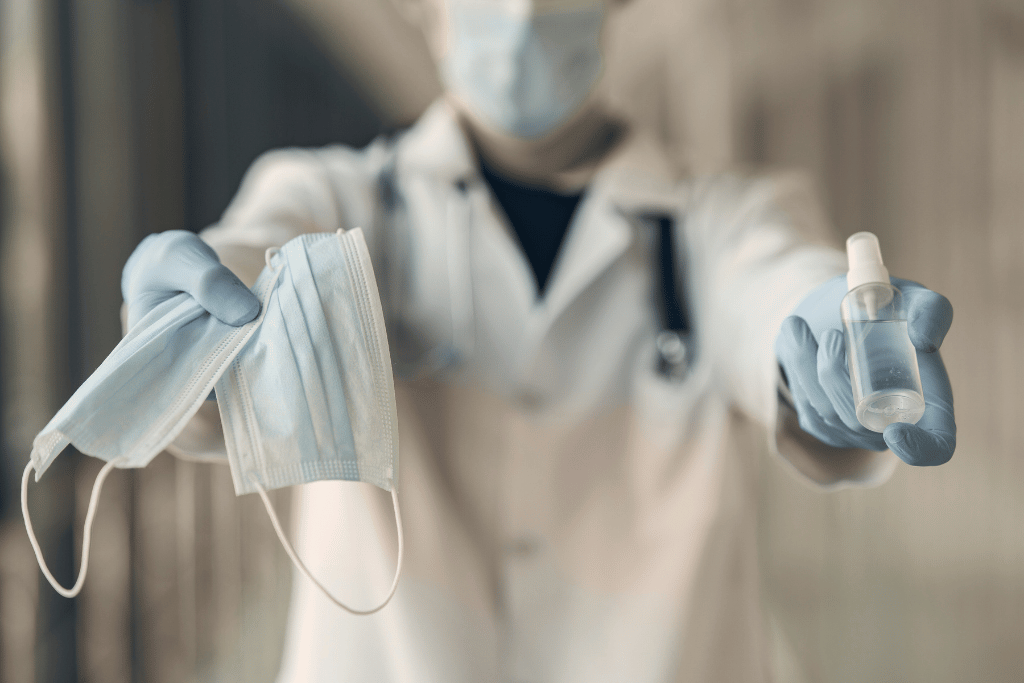
Unraveling the Connection
Hair Medical Restoration
The COVID-19 pandemic has caused widespread health concerns, affecting millions of people worldwide. While the primary symptoms of the virus are well-documented, there have been emerging reports of unusual and lingering side effects among survivors. One such unexpected consequence is hair loss. In this article, we explore the connection between COVID-19 and hair loss.
Understanding Post-COVID-19 Hair Loss
Hair loss, studied as alopecia can occur due to multiple factors, including hormones, nutrition, stress, but in the last couple of years , has been observed in some individuals recovering from COVID-19. This phenomenon has prompted researchers to investigate the underlying mechanisms. Although the exact cause remains unclear, several theories have emerged.
Stress and Anxiety
The pandemic has brought about unprecedented levels of stress and anxiety. Prolonged periods of stress can lead to a condition called telogen effluvium, in which a significant portion of hair prematurely enters the resting phase of the hair growth cycle, resulting in hair shedding. In these post covid scenarios, it is important to rule out some other cause such as hereditary hair loss, or some other disease. In order to evaluate each medical background, it is important to consult a doctor. Once the cause has been determined, the specific treatment can be provided.
Immune Response
COVID-19 triggers a robust immune response in the body. Some researchers speculate that the immune system's overactivity might inadvertently attack hair follicles, leading to hair loss. This is reminiscent of other autoimmune conditions that can cause alopecia. With the appropriate medical treatment, the natural hair growth can return in the following months, some treatment alternatives that can be used are capillary mesotherapy or multivitamin supplements.
Nutritional Deficiencies
Illness and changes in appetite can lead to nutritional deficiencies, which can negatively impact hair health. COVID-19 patients may experience loss of taste and smell, leading to altered dietary habits that contribute to hair problems. In addition to a multidisciplinary treatment with nutritionists, we can provide your hair with the necessary nutrients to stimulate its growth.
Medications
Some medications used in the treatment of COVID-19 may have side effects, including hair loss. Patients should discuss potential side effects with their healthcare providers when considering treatment options. Once the patient does not require continuous use of these medications, a consultation will be made to assess their hair and review options depending on the degree of alopecia.
Psychological Impact
Hair loss can have a profound psychological impact on individuals, exacerbating the emotional toll of a COVID-19 diagnosis. Stress related to hair loss can, in turn, create a vicious cycle. Therefore, a joint evaluation with psychology is recommended to evaluate the entire environment in which the patient is.
While hair loss may not be a common symptom of COVID-19, it has been reported in some cases. Researchers continue to study this phenomenon to gain a deeper understanding of the underlying causes and potential treatments. Additionally, prioritizing self-care, stress reduction, and a balanced diet can contribute to overall well-being and potentially aid in the recovery of hair health.
In conclusion, COVID-19 has created both a physical and emotional impact on each of those affected. In these years we will be investigating side effects of this disease, waiting for an answer, and our job as doctors is to treat each of the symptoms and investigate its cause.
We currently have scientific evidence demonstrating the efficacy of different medical treatments to treat alopecia. Our mission as doctors at HMR in collaboration with Dr. Jorge Cortez, is to make an individual evaluation of each of the patients and provide personalized guidance based on your expectations and experiences.



